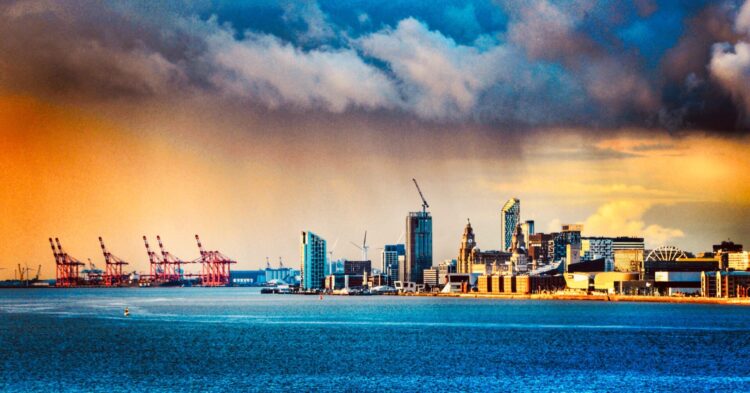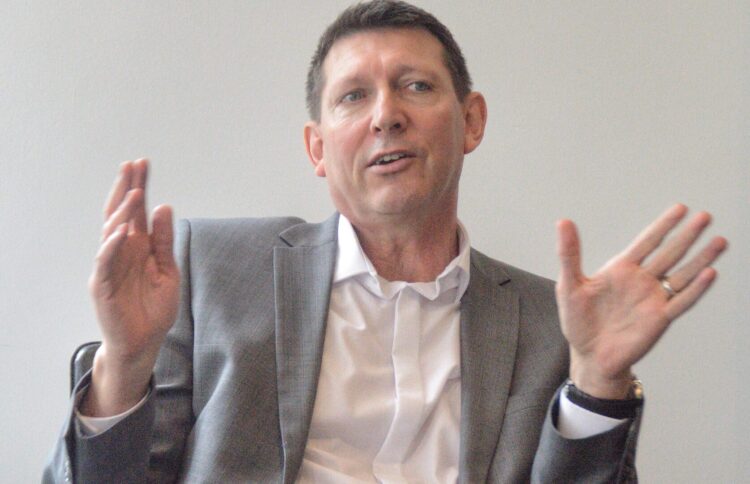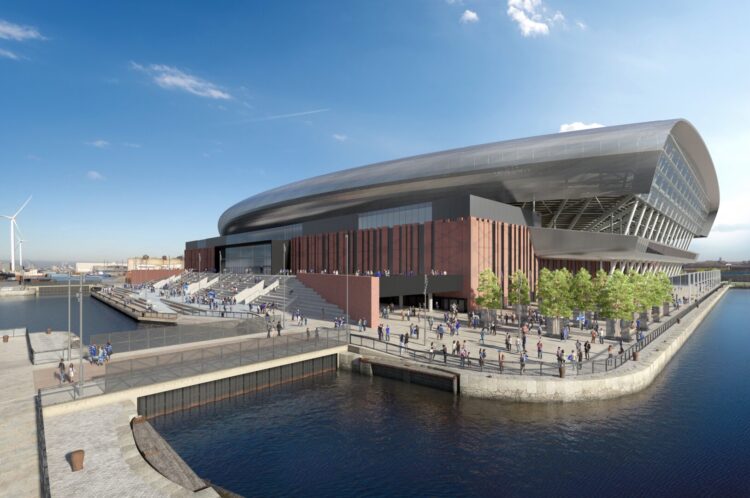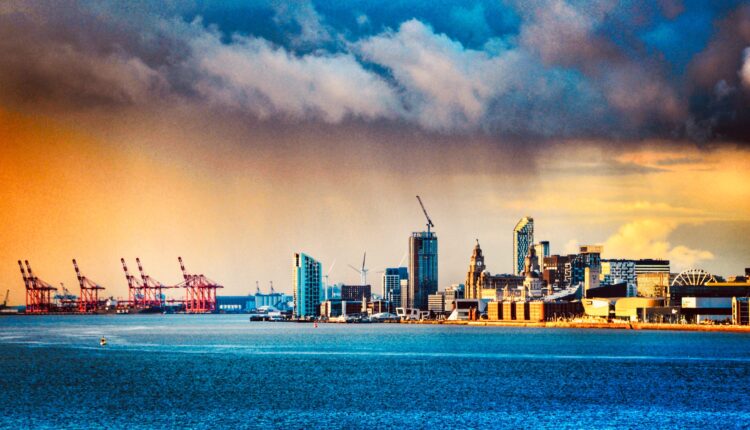Political leaders are making a last-ditch plea to UNESCO not to take away Liverpool’s World Heritage Status but business leader Frank McKenna says keeping it would be a ‘disaster’. Tony McDonough reports

Buisness leader Frank McKenna claims Liverpool’s bid to retain its World Heritage Status (WHS) would be a “disaster” for the city, costing billions in lost investment.
He called UNESCO, which oversee WHS zones around the world, a “faceless bunch of bureaucrats who have no idea and no interest in our city”. He added: “They do not have a balanced approach to development, and no clue about economic growth.”
On Monday UNESCO published a report recommending Liverpool be deleted from its global list of World Heritage Sites when it meets in China in July. Liverpool was first awarded the accolade in 2004 but has been on a ‘danger list’ since 2012.
UNESCO has strong objections to the ongoing development in the city’s northern docklands and, in particular, Peel L&P’s £5bn Liverpool Waters project. This is a 30-year plan to build residential and commercial buildings along the waterfront.
Both Peel L&P and Liverpool City Council have attempted to placate UNESCO by modifying the height of some of the proposed buildings. But the issue came to a head earlier this year when both the city council, and Government minister Robert Jenrick, agreed Everton FC’s proposed £500m stadium at Bramley Moore Dock could go ahead.
UNESCO has called the project, which would see a Victorian dock filled in, as “completely unacceptable”. The north docks aren’t actually within the WHS zone, which includes the Pier Head and large parts of the city centre. But it is part of a so-called buffer zone and UNESCO seeks to protect this zone with the same zeal as the main WHS site.
It is estimated that the stadium development and plans for a Goodison Legacy will deliver a £1.3bn boost to the economy, create more than 15,000 jobs and attract 1.4m new visitors to the city. North Liverpool is one of the most deprived areas of the UK and the stadium could be a catalyst for further investment.
Scrapping it to save WHS would be unthinkable and, given UNESCO’s stance, that would seems make WHS deletion inevitable. However, high profile city region figures such as Liverpool Mayor Joanne Anderson and Metro Mayor Steve Rotheram, as well as former ‘Minister for Merseyside’ Lord’ Heseltine, are making a last-ditch bid to retain the status.
They have issued a plea to UNESCO to come and visit the city before making a final decision. On Monday, the city council published its own report outlining how £1.5bn was being invested to protect Liverpool’s heritage assets.
However, Mr McKenna, chief executive of business lobby group Downtown in Business, believes it is a pointless exercise and that continued attempts to placate UNESCO would frighten away potential investors.
He said: “Retaining World Heritage Status now would be a disaster. Investors will have been watching carefully to see what happened with the Bramley Moore Dock development.


“What we have witnessed is a company, in the form of Everton FC, coming forward, in partnership with the city council, to develop an iconic football stadium, creating thousands of jobs, and acting as a catalyst for economic growth and jobs in one of the most deprived parts of the city.
“The club then undertook two extensive consultation exercises with the city’s community, winning the support of over 80% of residents for its plans.
“Further, they invested hundreds of thousands of pounds to come forward with a proposal that went way beyond what any reasonable observer would expect, to retain the heritage features of the site that they are building on – a closed off, derelict dock next to a sewerage plant.
“After this two and a half year painstaking process, Everton won the unanimous backing of Liverpool City Council, while at the same time developing a social value project for the existing Goodison Park site that is, in itself, a massively beneficial project for the city.
“UNESCO’s reaction to these efforts was for them to tell Liverpool City Council that the plan was not acceptable, instruct the local authority to put a stop to all future planning applications in the city centre, and threaten the removal of World Heritage Status.”
Mr McKenna repeated his claim that WHS was “a vanity badge that is not worth having”. He claims Everton “went the extra mile” to make sure the project was viable, putting in additional cash. He warned that other investors would not be so patient.
“Google, an Apple or a Tesla can take their money anywhere in the world,” he added. “And if they were looking to do something innovative in the UK, why would they want to add to the red tape, bureaucracy, and cost of an already expensive planning process, when they can simply go to Manchester, Leeds, or Birmingham without worrying about the views of those who have a 19th century view of a 21st century world?
“Before the Everton project, people could argue that UNESCO was a reasonable organisation who would balance practical considerations and economic impact of any schemes with the wider heritage considerations.
“They do not do that, and they never will. It is time for Liverpool to wake up to the fact that this prize is not worth the potentially catastrophic price.”

